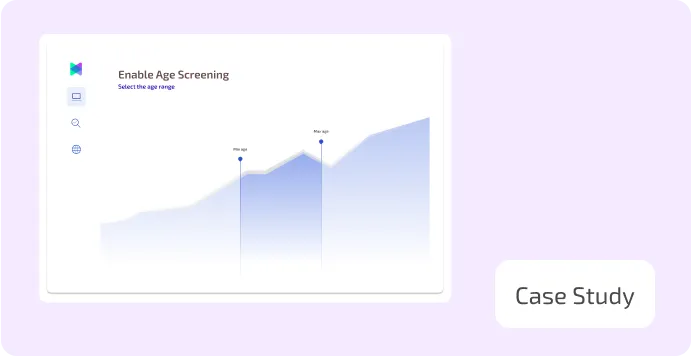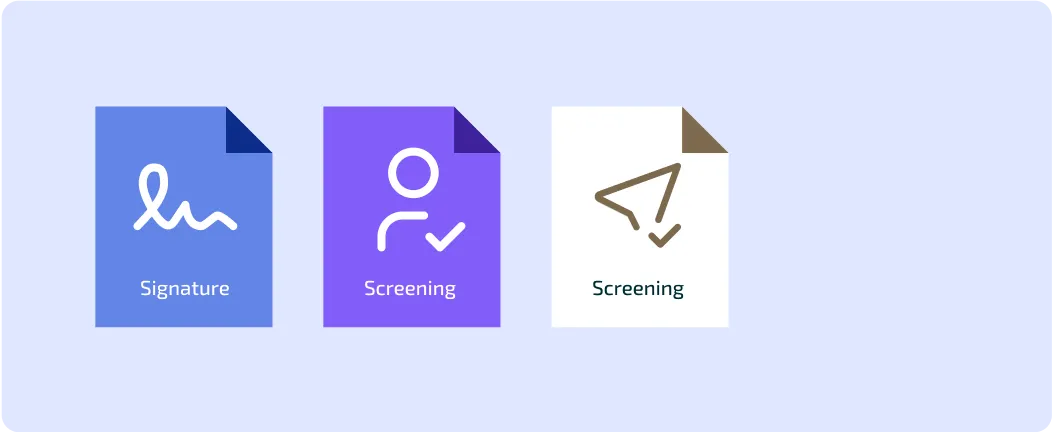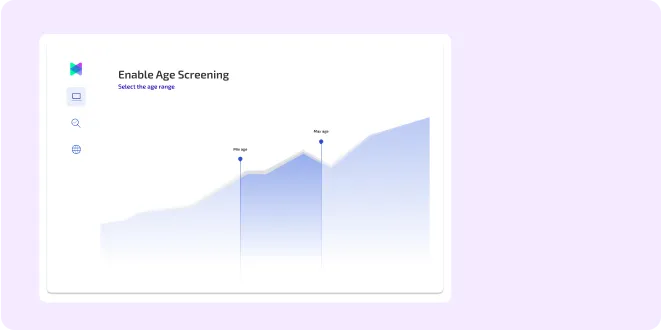.webp)
Published on
June 24, 2025
Denied Persons List (DPL)
.png)
Accelerate AML Compliance: Meet Regulatory Demands with 80% Less Setup Time
.svg)
.svg)
The Denied Persons List (DPL) is a list of individuals, companies, or entities that are prohibited from certain activities due to violations of laws or regulations.
In export regulations, the DPL is managed by the Bureau of Industry and Security (BIS) in the U.S. It includes entities that have been denied export privileges due to violations of the Export Administration Act, such as illegal exports or breaches of trade sanctions. U.S. companies and individuals are not allowed to engage in export dealings with anyone on the DPL.
In AML (Anti-Money Laundering) compliance, the DPL is used by financial institutions to ensure they don't engage in transactions with individuals or companies involved in financial crimes like money laundering. Institutions check the DPL as part of their screening process to comply with AML laws and avoid financial risks.
Example:
Firm Z, a global bank, is screening its clients and notices that one of their customers, International Trade Inc., is linked to a company, TechExports Ltd., which appears on the DPL.
- DPL Screening: The compliance team checks TechExports Ltd. against the DPL and confirms the company is listed due to violations of U.S. export laws for illegal sales to sanctioned countries.
- Investigation: Firm Z investigates the transactions between International Trade Inc. and TechExports Ltd., discovering that they have been involved in illegal financial transactions related to sanctioned countries.
- Action Taken: Firm Z freezes the accounts of International Trade Inc. and files a Suspicious Activity Report (SAR) to report the potential illegal activity.
Key Takeaways:
- The DPL is used to identify individuals or companies banned from certain activities due to violating laws, especially export regulations and sanctions.
- In export compliance, it helps prevent U.S. entities from conducting illegal export transactions.
- In AML compliance, financial institutions use the DPL to avoid dealing with clients involved in financial crimes like money laundering or terrorism financing.
- Checking the DPL helps institutions stay compliant with sanctions and AML laws, preventing legal consequences.
Streamline Compliance: Achieve 80% Faster Setup for Fraud Prevention
.svg)
.svg)

How Aseel reduced onboarding time by more than 87% using FOCAL
Learn how FOCAL empowered Aseel to achieve new milestones.


Mastering Fraud Prevention: A Comprehensive Guide for KSA and MENA Businesses
51% of organizations fell victim to fraud in the last two years, don't be caught off guard, act proactively.


Featured blog posts

.png)
Denied Persons List (DPL)
Learn how the Denied Persons List (DPL) helps financial institutions avoid dealings with sanctioned entities and comply with AML regulations.
.webp)
.png)
Denied Persons List (DPL)
Learn how the Denied Persons List (DPL) helps financial institutions avoid dealings with sanctioned entities and comply with AML regulations.
.webp)
.png)
Denied Persons List (DPL)
Learn how the Denied Persons List (DPL) helps financial institutions avoid dealings with sanctioned entities and comply with AML regulations.
.webp)





AI-Driven Precision in Fraud Risk and AML Compliance



.svg)
.png)





.svg)

_FastestImplementation_Small-Business_GoLiveTime.png)

_HighPerformer_Small-Business_HighPerformer.png)
_Leader_Leader.png)



%20(1).webp)